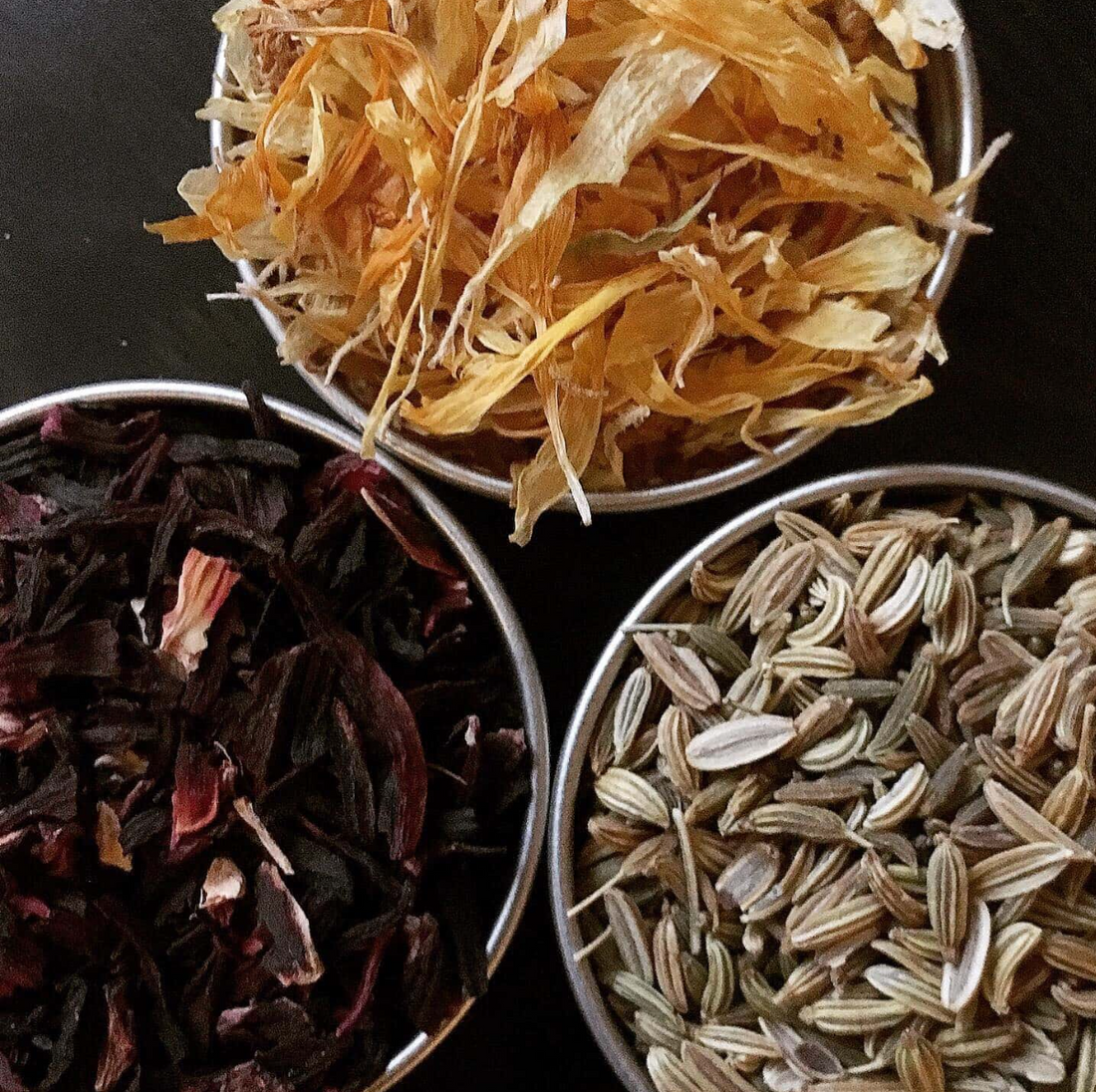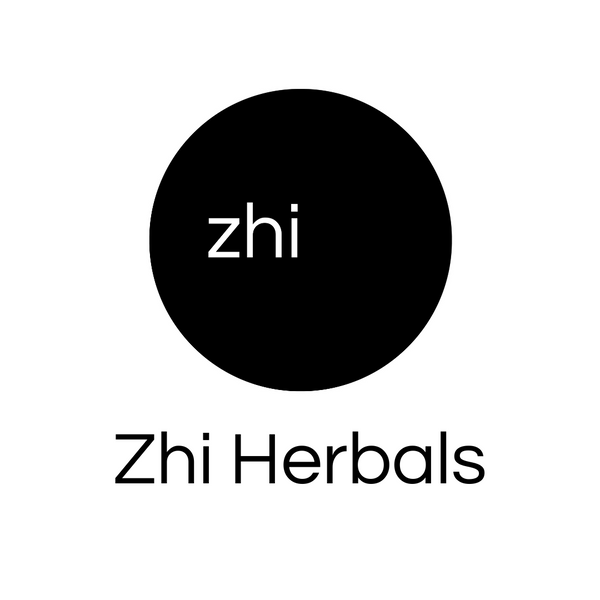
Guide to Understanding Organic vs. Wildcrafted Herbs
Share
Organic or wildcrafted herbs? What if they’re grown without chemicals? If you’ve been wondering what the difference is, this article is for you.
Organic means that the herbs in question have met a very specific set of quality criteria. In order for something to be certified organic it must be grown without synthetic chemicals, grown on land that has been approved as being free from synthetic chemicals, and GMO free. This is especially important for certain medicinal herbs like alfalfa, which already have had a genetically modified counterpart developed. Our alfalfa is 100% non GMO.
There are multiple groups who can certify herbs as organic, including the USDA (United States Department of Agriculture), QAI (Quality Assurance International), EU Organic Certification, and SCS Global Certificate, as well as many more. The USDA certification is one of the most commonly recognized, and you may have already noticed their logo on some of your groceries at home. All of the organic herbs that we carry at Zhi Herbals are certified USDA organic.
Wildcrafted means that the herbs have been collected from their habitat in nature, and they are not certified as organic. At Zhi Herbals, we ensure that all of our herbs are collected sustainably to ensure the health of the ecosystems which they are coming from. Many herbs have been wildcrafted into scarcity or near extinction. Whenever you buy wildcrafted it’s important to ensure that your sources are respectful of the natural ecosystems and avoid over harvesting. Wildcrafted herbs are generally considered a ‘clean’ source of medicine, similar to organic, as they are grown in the wild, away from pollution and pesticide use.
Occasionally, you will see one of our products listed as being grown without chemicals. This means that it is farmed without the use of pesticides, although it is not certified as USDA organic. Many small farms are not certified as organic, despite growing their herbs using organic methods.
